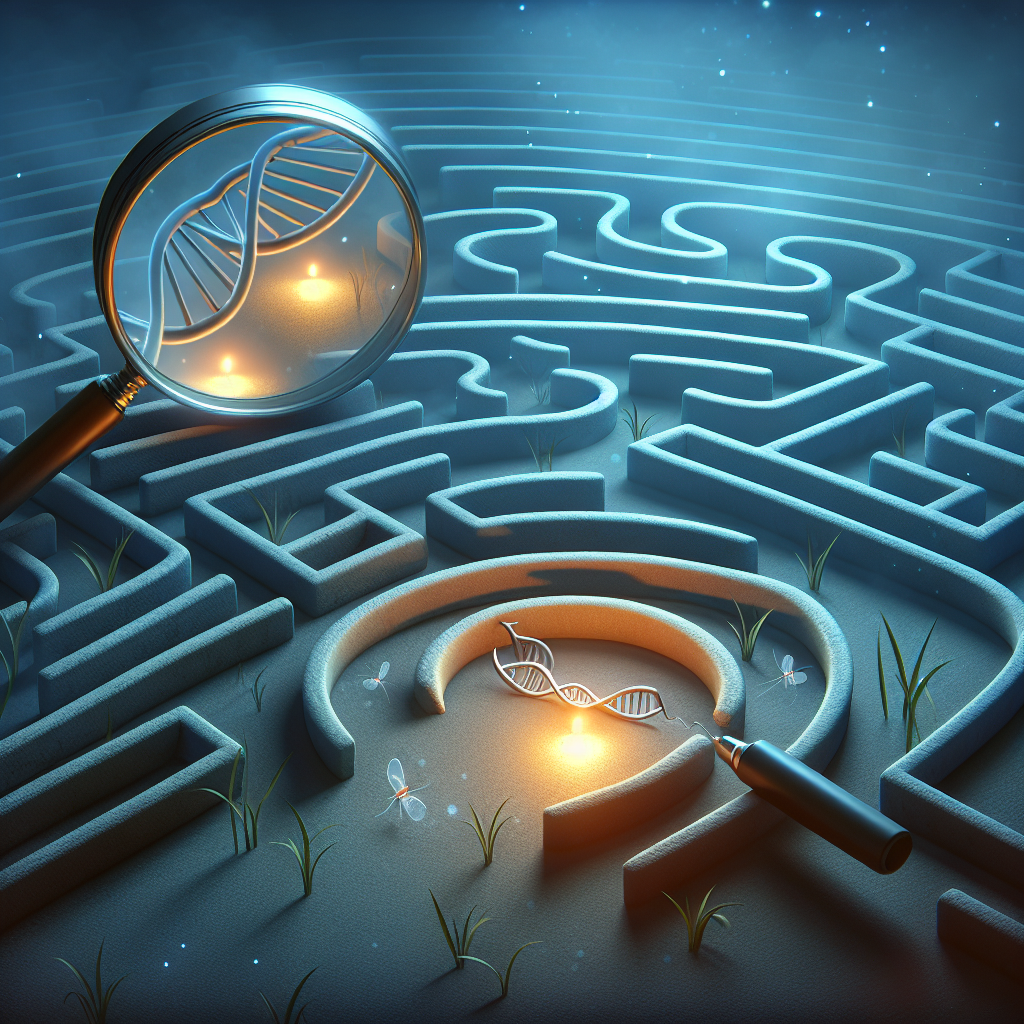New Study Offers Hope for Alzheimer's Disease and Dementia with Dual Approach Involving Ayurveda and Synthetic Molecules
Innovative Research Combines Ayurvedic Medicine and Chemically Designed Peptides to Combat Amyloid Aggregation in Neurodegenerative Diseases.

- Country:
- India
A groundbreaking study from Professor Anirban Bhunia and his team at the Bose Institute in Kolkata, in collaboration with IIT-Guwahati and the Saha Institute of Nuclear Physics (SINP), offers a promising new approach to the treatment of neurodegenerative diseases such as Alzheimer’s disease (AD), Dementia, and related disorders. The study focuses on amyloid proteins and their role in the pathogenesis of these diseases. The research provides a multipronged strategy that combines synthetic small molecules and Ayurvedic compounds to inhibit amyloid aggregation, a key factor in the development of neurodegeneration.
Amyloid proteins, particularly amyloid beta (Aβ) 40/42, are central to the progression of diseases like Alzheimer's. Amyloid aggregation leads to the formation of toxic plaques in the brain, impairing cognitive functions. To counter this, Professor Bhunia's team has developed two complementary approaches. The first strategy involves the use of chemically synthesized peptides designed to prevent amyloid beta aggregation. These peptides have shown promise in inhibiting the aggregation of amyloid beta, potentially preventing plaque formation.
Repurposing Ayurvedic Drug for Modern Neurodegenerative Treatment
In an innovative second approach, the team repurposed Lasunadya Ghrita (LG), an Ayurvedic formulation traditionally used for treating depression-related mental illnesses. This natural compound, consisting of non-toxic components, was found to be effective in disrupting amyloid beta fibrillation—the process by which amyloid proteins aggregate and form harmful plaques in the brain. The water extract of LG (LGWE) demonstrated remarkable efficacy, not only in inhibiting the initial stages of amyloid fibrillation but also in breaking down existing amyloid aggregates into smaller, non-toxic molecules.
Promising Results and Comparisons
The study’s findings, recently published in the prestigious Biochemistry (ACS) journal, show that the chemically designed peptides are non-toxic and effective at preventing amyloid aggregation. However, when compared to the Ayurvedic compound LGWE, the latter demonstrated superior performance in breaking down amyloid aggregates into smaller, less toxic fragments. These results suggest that natural Ayurvedic compounds may offer novel mechanisms for treating amyloid-related neurodegenerative diseases.
Further collaboration with Professor Dr. Sanjeev Rastogi from the State Ayurvedic College and Hospital at Lucknow University and other researchers from SINP expanded the scope of this study, demonstrating that natural Ayurvedic ingredients could enhance the action of synthetic peptides and provide an additional therapeutic strategy to tackle amyloid beta aggregation. This work was published in the Biophysical Chemistry (Elsevier) journal.
Potential Impact on Alzheimer’s and Dementia Treatment
This research opens up exciting possibilities for the treatment of Alzheimer's disease and related dementias by combining modern scientific approaches with the ancient wisdom of Ayurveda. The dual approach offers a promising avenue for drug development, potentially leading to therapies that not only prevent the formation of amyloid plaques but also dismantle existing aggregates, which have long been considered a major challenge in treating these debilitating diseases.
Future Directions and Exploration of Natural Remedies
As the world grapples with the rising incidence of Alzheimer's and other neurodegenerative disorders, this study highlights the importance of integrating traditional and modern scientific approaches. The findings encourage further exploration into the potential of natural remedies from Ayurveda to treat complex diseases like Alzheimer’s and dementia, potentially offering new treatment options for millions of patients globally.
The research represents a step forward in multidisciplinary healthcare, blending the best of both ancient and contemporary knowledge to enhance the quality of life for individuals affected by neurodegenerative diseases, paving the way for future studies and clinical trials.
- READ MORE ON:
- Saha Institute of Nuclear Physics
- Anirban Bhunia
- Alzheimer's










